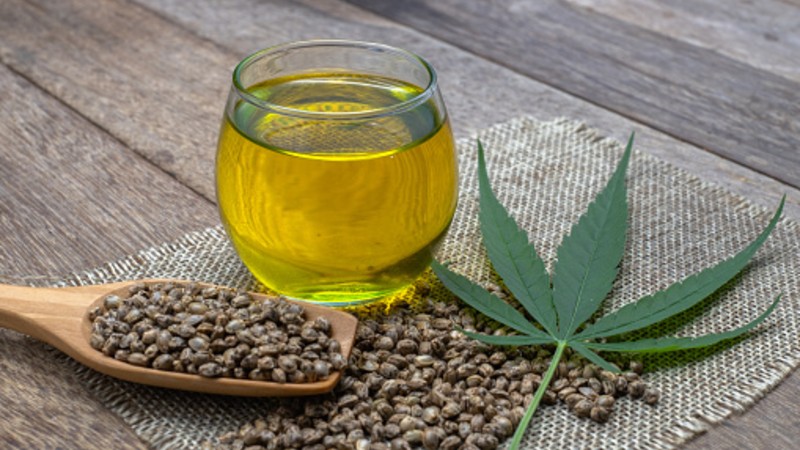Cannabis compounds, specifically THC and CBD, are gaining increasing popularity as ingredients in dietary supplements. They are being studied for their effects on conditions such as pain, anxiety, and insomnia, and by far, they seem to offer a range of potential health benefits. So let’s delve deeper into the topic of THC and CBD in dietary supplements, and explore how these compounds work, their effects, and how to use them safely.
Understanding THC and CBD
Tetrahydrocannabinol (THC) and Cannabidiol (CBD) are the two main compounds of the cannabis plant. THC is the main psychoactive one that’s responsible for the euphoric high that people get after smoking marijuana, while CBD is non-psychoactive, yet it has many potential health benefits.
Both THC and CBD interact with the body’s endocannabinoid system, which plays a critical role in regulating a wide range of physiological processes. When consumed, they bind to cannabinoid receptors in the brain and body, leading to changes in mood, perception, and cognitive function.
Click here – Can I Charge Dead Disposable Vape?
The Effects of THC and CBD in Dietary Supplements
- Pain relief: Both THC and CBD can help in reducing pain, particularly chronic pain caused by multiple sclerosis, cancer, and neuropathic pain. Studies have shown that CBD can help reduce inflammation and pain, while THC reduces pain by increasing the release of natural pain-relieving compounds in the body.
- Anxiety and depression: The CBD compound of cannabis can help people cope with symptoms of anxiety and depression. Studies have shown that it can help reduce social anxiety, frequency of panic attacks, and improve mood.
- Insomnia: Both THC and CBD have been found to be effective in treating insomnia, particularly in patients with conditions such as PTSD. There are various studies proving that THC can help cope with sleeping problems by releasing natural sleep-inducing compounds in the brain, while CBD can help reduce insomnia by promoting relaxation and sedative effects.
Safety and Precautions
Dosing: You want to start with a small amount and wait to see how it affects you before consuming more. It’s important to pay attention to the dosage listed on the packaging to avoid overconsumption and experiencing any side effects.
Labeling: Make sure to read the packaging and labels of dietary supplements to ensure you are aware of the dose, ingredients, and any potential allergens, and usually, products like hometownherocbd.com/collections/delta-8-gummies have all the necessary info you need to know before consumption in the description
Interactions with other medications: Both THC and CBD can interact with other medications, that’s why you should contact a healthcare specialist before using dietary supplements that contain THC and CBD if you are currently taking any medications.
Legal Status: The legality of THC and CBD in dietary supplements varies depending on the state and country, it’s important to be aware of the legal status before purchasing or consuming them. In most places, products with THC concentration ≤ 0.3% are legal, but it’s still necessary to check the legal status beforehand.
Click here – Gain Valuable Skills with a BTech Degree
Conclusion
THC and CBD are gaining popularity as ingredients in dietary supplements, they offer a range of potential health benefits, and they’ve shown outstanding effects in coping with pain, anxiety, and insomnia. However, you should use them responsibly, be aware of all the pitfalls like psychoactive effects, dependence, and legal consequences, and consult with a healthcare professional before using dietary supplements that contain THC and CBD.

